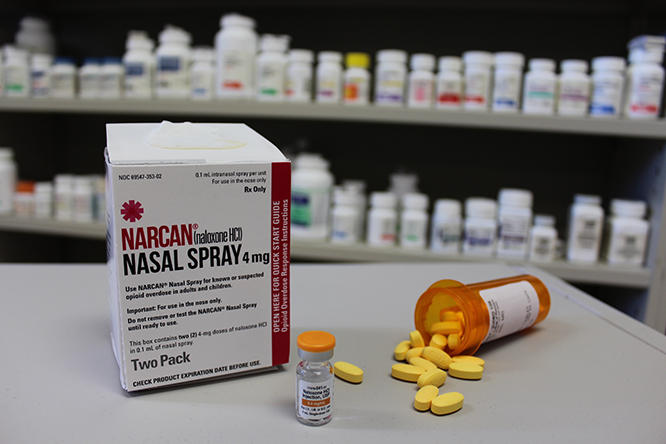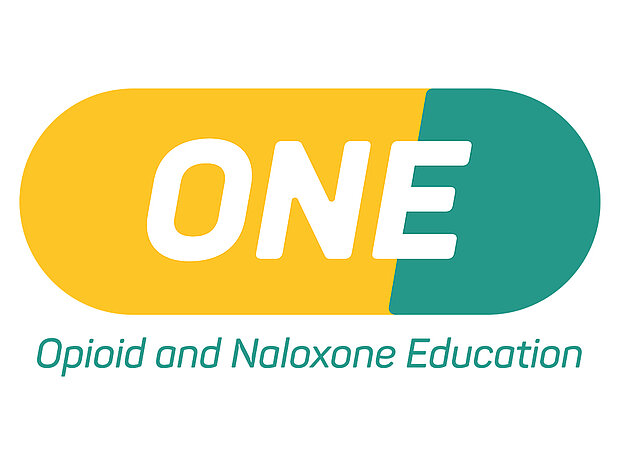
The ONE Program that began at North Dakota State University School of Pharmacy has now expanded to multiple states. The program helps pharmacists use proactive tools to help make an impact on drug overdose deaths, now topping 100,000 annually in the U.S., according to the CDC.
“The Opioid and Naloxone Education Program called ONE helps to stem opioid misuse in communities, as pharmacists implement the program from patients’ first point of contact when they receive their prescriptions,” said Elizabeth Skoy, PharmD, director of the Center for Collaboration and Advancement in Pharmacy at North Dakota State University.
The CAP Center advances patient care through training, resources, and interventions that are based on data-driven research, helping healthcare teams implement initiatives such as the ONE Program.
The West Virginia Drug Intervention Institute this week announced that it is implementing the ONE Program created at NDSU with more than 20 pharmacies across West Virginia, in a program tailored to the state called Nalox(ONE) West Virginia. The program is expected to reach more than 10,000 patients with opioid prescriptions in a one-year time frame at participating pharmacies, according to a Nalox(ONE) representatives.
“Research indicates that co-prescribing naloxone with an opioid is effective in decreasing non-fatal and fatal overdoses,” said Dr. Susan Bissett, President of the West Virginia Drug Intervention Institute. “The WV DII is proud of this initiative to provide lifesaving medication at the time of an opioid fill, making West Virginia homes safer,” added Bissett.
In addition to West Virginia, pharmacies in Idaho and North Dakota participate in the program.
The Opioid and Naloxone Education Program (ONE) that began in North Dakota focuses on community pharmacy-based patient screening and interventions. Pharmacists receive training that helps them screen patients who receive an opioid prescription for the risk of opioid misuse and accidental overdose. The mission of the ONE Program is to proactively help patients and communities by providing resources to pharmacists and patients to educate them about opioid misuse and accidental overdose.
Online training, pharmacist technician training to follow up with patients, in-person training, and other tools are available for pharmacies enrolled in the ONE Program.
NDSU pharmacy faculty in the Department of Pharmacy Practice, along with the North Dakota Board of Pharmacy and North Dakota Pharmacists Association, created the robust program called ONE, with education and a structured clinical intervention framework for pharmacists. Through the opioid and naloxone educational program, pharmacists have provided more than 9,000 screenings for patients in North Dakota.
“The ONE Program provides an opportunity for pharmacists to play an integral role in opioid risk reduction in their communities,” said Skoy.
In addition, the CAP Center and ONE Program at NDSU provide students in health professions with experiences that prepare them to work at the top of their professional license upon graduation.
Information about ONE Program results has been published in INNOVATIONS in Pharmacy, Substance Abuse, Journal of the American Pharmacists Association, Research in Social and Administrative Pharmacy, American Journal of Public Health, and Currents in Pharmacy Teaching and Learning.
The CAP Center and the ONE Program are within the NDSU School of Pharmacy in the College of Health Professions. The NDSU School of Pharmacy offers pathways of opportunity to pursue an array of pharmacy careers. Degree programs offered include PharmD, as well as dual degrees in PharmD/MPH, PharmD/MBA, PharmD/PhD and master’s and doctorate degrees in pharmaceutical sciences.



